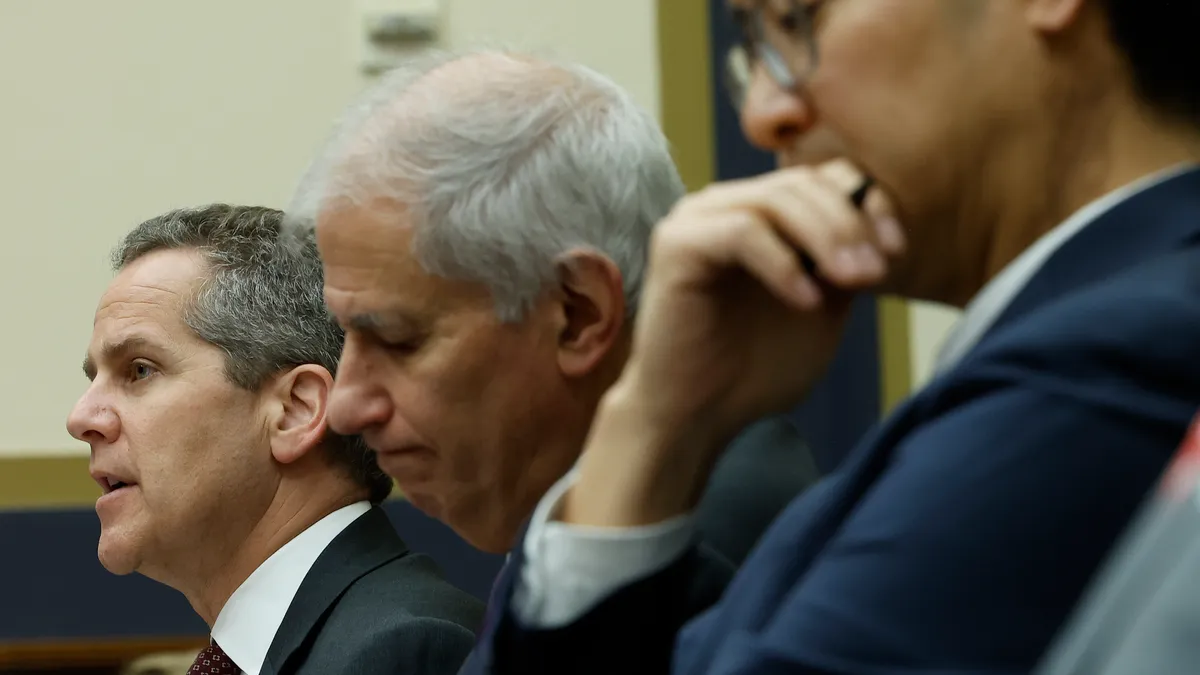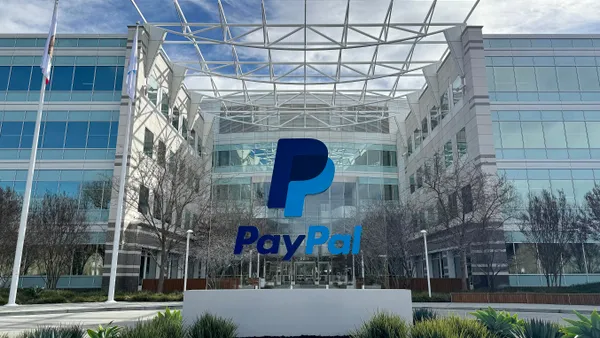Leaders at Green Dot concealed critical information about the bank’s declining prepaid card business from shareholders even though it was core to the firm’s bottom line, former employee and current shareholder Dino DiBlasio alleged in a lawsuit Monday.
The former director of quality engineering also alleged that the executives and directors knew that the firm’s anti-money laundering controls weren’t up to snuff but continued to operate with them anyway, eventually landing Green Dot a costly consent order from the Federal Reserve.
In keeping such information under wraps, founder and former CEO Steven Streit and former chief financial officer Mark Shifke inflated Green Dot’s price “long enough to sell $62 million dollars of their own Green Dot shares at artificially inflated prices,” according to the lawsuit.
Also named in the lawsuit are directors Jeffrey Osher, Ellen Richey, William Jacobs, Saturnino Fanlo, George Shaheen, Peter Feld and J. Chris Brewster; former directors Kenneth Aldrich, Rajeev Date, and Glinda Bridgforth Hodges; former CEO Dan Henry and current CEO George Gresham.
The complaint was filed Monday in the District Court for the Central District of California.
Green Dot, which is perhaps best known for its digital banking partnership with Walmart, is the world’s largest prepaid debit card company. It sells its prepaid cards at nearly 100,000 retailers nationwide, including CVS and Dollar Tree, and also operates a banking-as-a-service platform and has a number of co-branded card partnerships.
When Green Dot went public in 2010, more than three-quarters of its revenue came from its prepaid card business: 50.8% from new card, maintenance, ATM and other fees; and 26.6% from cash transfer revenues, according to the lawsuit.
But when that side of the business faced decline between 2018 and 2019, company leaders “misled investors about declining growth in Green Dot’s legacy prepaid debit card business and diverted investor attention from this ‘bread and butter’ product to BaaS and direct-deposit accounts, even though the vast majority of such accounts were offered with no fees,” court documents show. “Defendants concealed the reasons for their new emphasis, which included the declining performance of the legacy prepaid cards and new competition from much less expensive digital alternatives, such as PayPal, Venmo, and neobanks like Chime.”
According to the lawsuit, by the end of 2018, the number of Green Dot prepaid card users was on such a rapid decline that the associated loss of revenue “eliminated nearly all the Company’s growth in low-margin BaaS and direct-deposit business.”
When executives disclosed their low user growth – 1% – Green Dot’s stock price dropped.
“Defendants perpetuated their scheme by continuing to mislead investors about the fact that this was a continuation of Green Dot’s product-mix trend, which would negatively impact profitability. Instead, Defendants presented this adverse news as good news, proclaiming that ‘we are somewhat a victim of our own success,’” according to the lawsuit.
DiBlasio is suing all defendants for breach of fiduciary duties, which have caused “significant damages” to Green Dot, and for abuse of control.
He’s suing Streit and Shifke for unjust enrichment. Finally, he’s suing defendants Richey, Feld, Osher, Henry, Jacobs, Brewster, Hodges, Date, Fanlo, Gresham, and Shaheen for issuing materially misleading written statements to stockholders in the bank’s 2022 and 2023 proxy statements.
A spokesperson for Green Dot said the company can’t comment on pending litigation. Francis Bottini Jr., DiBlasio’s attorney, did not respond to a request for comment.











